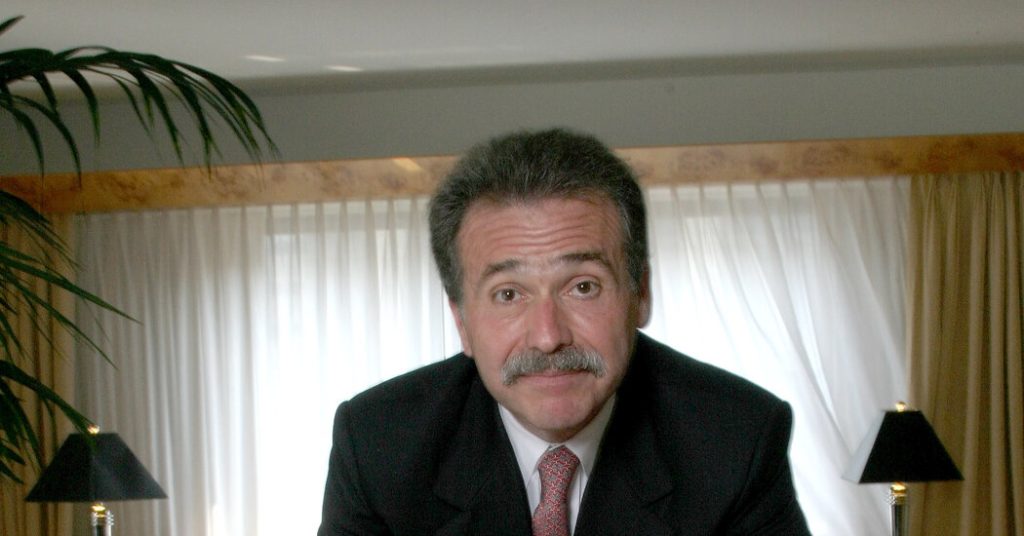The trial of former president Donald Trump featured testimony from David Pecker, the former publisher of The National Enquirer, who detailed his efforts to suppress negative news about Trump during the 2016 election. Pecker described orchestrating hush-money deals related to supposed sexual encounters and stories about an out-of-wedlock child. These actions provide context for the charges that Trump falsified records to cover up one of those deals with Stormy Daniels. Pecker revealed that he had engaged in similar practices for other celebrities, such as Arnold Schwarzenegger, whom he protected during his political campaign for governor of California.
Pecker’s tactics were not unique to him but dated back to the early days of tabloid journalism. The Enquirer, under its founder Gene Pope Jr., often killed negative stories in exchange for favors or held onto them as leverage for future use. Pecker aggressively covered Trump’s rise as a celebrity developer, and the two struck up a mutually beneficial relationship. Trump was prominently featured in publications owned by Pecker, and the tabloid company offered him protection over the years. The relationship grew stronger as Trump’s popularity rose, particularly during his tenure on “The Apprentice.”
During the trial, Pecker testified about other instances where he had suppressed stories to benefit prominent figures, including talent agent Ari Emanuel and actor Mark Wahlberg. Pecker recounted buying compromising photographs of Tiger Woods to secure an interview and paying to suppress a story about an affair involving Rahm Emanuel, who was running for mayor of Chicago. These actions illustrate the extent to which tabloid publications like The National Enquirer wielded influence in the worlds of entertainment and politics.
Pecker’s testimony shed light on the inner workings of tabloid journalism, revealing how stories were manipulated and suppressed for various reasons, including political gain and personal relationships. His admissions about his dealings with Trump and other celebrities raise questions about the ethical boundaries crossed in pursuit of profit and power within the industry. The trial proceedings offered a glimpse into a world of leveraged secrets, traded favors, and the blurred lines between journalism and business interests, where publications like The National Enquirer held real cultural and political power.
The trial also highlighted the decline of the tabloid industry over the years as mainstream outlets expanded their gossip coverage, and the internet eroded tabloid readership. Pecker’s testimony, while focusing on his interactions with Trump, provided a broader perspective on the tabloid landscape and the role such publications played in shaping public perception of celebrities and public figures. The revelations from the trial underscore the complex relationships between media, power, and influence, and the moral and ethical dilemmas that can arise when journalistic practices are compromised for personal or political gain. Through Pecker’s testimony, a window was opened into a bygone era of sensationalist journalism and the individuals who wielded control over the narratives that shaped public opinion.


